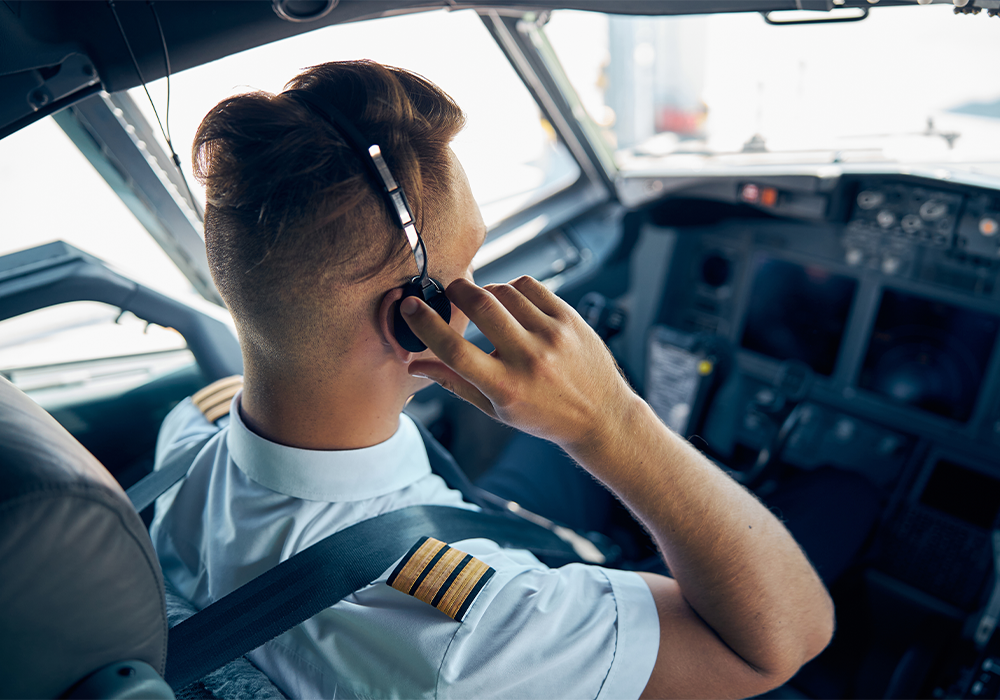The Airline Transport Pilot License (ATPL) represents the pinnacle of aviation certification in India, serving as the mandatory qualification for pilots aspiring to command commercial aircraft. This comprehensive examination of DGCA ATPL requirements reveals a rigorous framework designed to ensure that only the most qualified and experienced aviators assume the critical role of airline captain. The DGCA has established stringent criteria encompassing age limits, educational qualifications, extensive flight experience, medical fitness standards, and comprehensive examination requirements that collectively ensure the highest levels of aviation safety and operational competence.
Prerequisite Licenses and Qualifications
Before pursuing ATPL certification, candidates must hold a valid Commercial Pilot License (CPL) with an Instrument Rating (IR). The CPL serves as the foundational commercial aviation qualification, demonstrating that pilots possess the basic knowledge and skills necessary for commercial flight operations. The Instrument Rating endorsement proves proficiency in operating aircraft under Instrument Flight Rules (IFR), which is essential for airline operations where pilots frequently encounter weather conditions requiring reliance on instruments for navigation and aircraft control.
Additional prerequisite qualifications include possession of a valid Flight Radio Telephone Operator's License, which demonstrates competency in aviation communications procedures essential for commercial operations. This requirement ensures that airline captains can effectively communicate with air traffic control, other aircraft, and ground personnel using proper aviation phraseology and procedures.
Age and Educational Requirements
Candidates must be at least 21 years old at the time of application. This age requirement acknowledges the significant responsibility that comes with commanding commercial aircraft and ensures that applicants possess the necessary maturity and life experience to handle complex aviation situations.
Like CPL, Candidates must have completed 10+2 education with Physics and Mathematics from a recognized board or university. This requirement ensures that aspiring airline captains possess the fundamental scientific and mathematical knowledge necessary to understand complex aviation systems, navigation principles, and aircraft performance calculations.
The emphasis on Physics ensures comprehension of aerodynamic principles, while Mathematics provides the foundation for critical calculations involving fuel consumption, weight and balance, navigation, and performance planning that are essential for safe airline operations.
DGCA Class 1 Medical Certificate Requirements
Like CPL candidates, it is mandatory to have Class 1 Medical Certificate for all airline transport pilot candidates. This comprehensive medical assessment ensures that pilots possess the physical and mental capabilities necessary to safely operate commercial aircraft under various conditions and handle emergency situations effectively.
The medical examination encompasses multiple critical areas including vision requirements, hearing assessments, cardiovascular health, respiratory function, neurological evaluation, and psychological fitness.
Flight Experience Requirements
The flight experience requirements for DGCA ATPL represent the most substantial component of the certification process, demanding a minimum of 1,500 hours of total flying time.
Within the 1,500-hour total, specific categories of flight time must be accumulated to demonstrate competency across various operational scenarios. Candidates must log a minimum of 500 hours as Pilot-in-Command (PIC) or as co-pilot performing under the supervision of a qualified check pilot.
Cross-country flying experience forms another crucial component, with regulations requiring a minimum of 500 hours of cross-country flight time. Additionally, pilots must accumulate at least 200 hours of cross-country flying within their PIC time, including 50 hours of night flying experience. These requirements ensure that pilots have experience navigating between different airports and handling the complexities of extended flights under various lighting and weather conditions.
Night flying experience is specifically mandated at 100 hours minimum, recognizing the unique challenges and skill requirements associated with nocturnal aviation operations. Instrument flying proficiency is demonstrated through a minimum requirement of 75 hours of instrument time, which may include actual aircraft time and approved simulator training, with at least 50 hours required on actual aircraft. Multi-engine aircraft experience, while requiring only 10 hours minimum, ensures familiarity with complex aircraft systems typical of commercial aviation.
Recent flying experience requirements mandate a minimum of 10 hours of flight time within the six months preceding application, demonstrating current proficiency and currency in aviation operations. Additionally, regulations specify that 150 hours of the total flying time must have been accumulated within the 12 months prior to application, ensuring that candidates maintain active flying status throughout their certification process.
Disclaimer:
This article is intended for informational purposes only and does not constitute legal or regulatory advice. While every effort has been made to ensure accuracy, applicants are advised to refer to the official DGCA Pariksha portal and consult authorized professionals or aviation training institutions for guidance tailored to their specific cases. Wing Path and the authors are not responsible for any outcomes resulting from misinterpretation or misapplication of the information provided.

